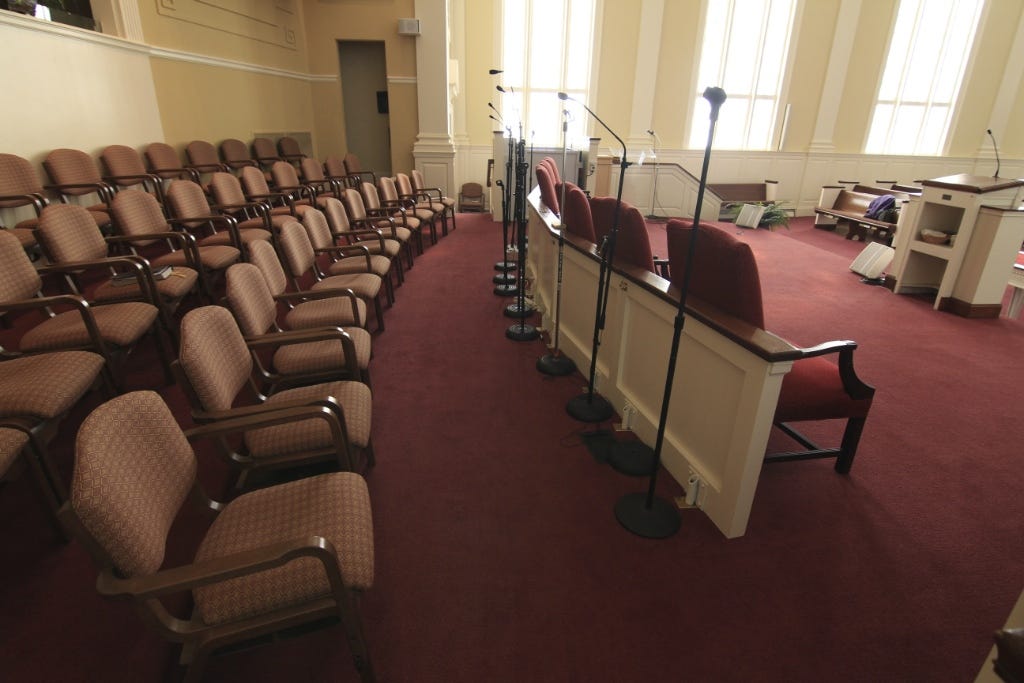by Brad Isbell
Choirs (and their casual, modern descendants worship teams and praise bands) have been near-ubiquitous in Reformed churches for less than two centuries, but just like government programs, once instituted these groups are difficult to disband even though their historical pedigree is weak. Arrangements may be changed (from choir to praise team), expanded, or downsized, but any pastor or session/consistory knows that messing with the music is akin to playing with fire.
The music-loving Welsh even had a term (cythraul canu) for problems and strife caused by music and choirs. Dr. Martyn Lloyd-Jones sometimes referred to it in English: the devil in the singing. Many pastors and church officers have understood the concept all too well, resisting change and preferring the known “devil” to the unknown one.
But change does happen. Diminution or even elimination of church “music programs” is not completely unknown. Those members and officers with strong convictions about the regulative principle of worship1 might even consider the loss of a choir or the breaking up of the band to be a sign of reformation. So how might teams and choirs exit the stage or empty the loft?
Sometimes this happens for providential2 reasons; sometimes it is a result of newly-acquired convictions about worship. Sometimes it's a combination of factors. The impetus for change may be top-down, but it’s probably best if it comes organically from “below”—from the church members who make up the music-leading groups.
Choirs may “age out”—the older members simply can’t (or don’t want to) climb the steps anymore, and the younger people who would replace them want to worship with their families rather than spend half the service on a platform or in a loft, especially in churches where there is no children's church or age-segregated worship.
Sometimes members come to prefer singing with their congregational neighbors rather than being more or less sung at by an amplified, center-stage team. This may result from teaching on Reformed worship (top-down) or the convictions of members may be more advanced than those of the officers (bottom-up).
Whatever the reasons or dynamics, some churches (and church plants) have discovered that there is a blessed simplicity and portability when the congregation is the choir and instrumental accompanists are few or non-existent. Congregational singing is scalable and works anywhere, with or without technology, “talent,” or professionals. And, historically and traditionally, it’s how the Reformed church around the world has offered its sung praise in public worship.
Some strong advocates of the regulative principle of worship (RPW) would oppose choirs or music-leading groups because they find no support for them in the New Testament. They would consign the Levitical choirs to the now-fulfilled-in-Christ Mosaic (or Old) Covenant.
Membership decline and loss of staff may also make choirs hard to sustain.




